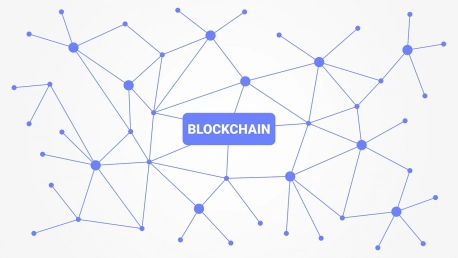The legal world is at a crucial crossroads due to the rise of blockchain and DLT, which bring about new ways of digital dealings. This shift presents legal experts with the daunting task of reconciling traditional laws with this novel tech. The immutable and decentralized nature of blockchain complicates how law traditionally oversees transactions, especially when those are automated and anonymity is common.The struggles are evident with cryptocurrencies, which challenge regulators to address illicit activities without hindering the new digital economy’s growth. Blockchain’s borderless nature also introduces legal dilemmas that require a level of international legal collaboration that is both novel and extensive. It’s essential that the legal frameworks adapt, ensuring they’re flexible enough to safeguard rights and promote digital economic expansion.
Legal Frameworks in Flux
As blockchain’s influence grows, legal frameworks worldwide are evolving to manage this technology. Regulators face challenges like identity verification, smart contract enforcement, and personal data protection within systems that inherently lack privacy. Laws are emerging to navigate the balance between innovation and fundamental rights, ensuring transparency doesn’t violate the right to be forgotten. With every transaction permanently logged on this unalterable digital ledger, the legal field must tread carefully, reinterpreting doctrines to keep pace with technological advances. This delicate equilibrium calls for legal professionals to understand the intricacies of blockchain as they guide its integration into society while upholding justice and fairness. The journey is complex and ongoing, requiring a blend of tech insight and legal know-how.









